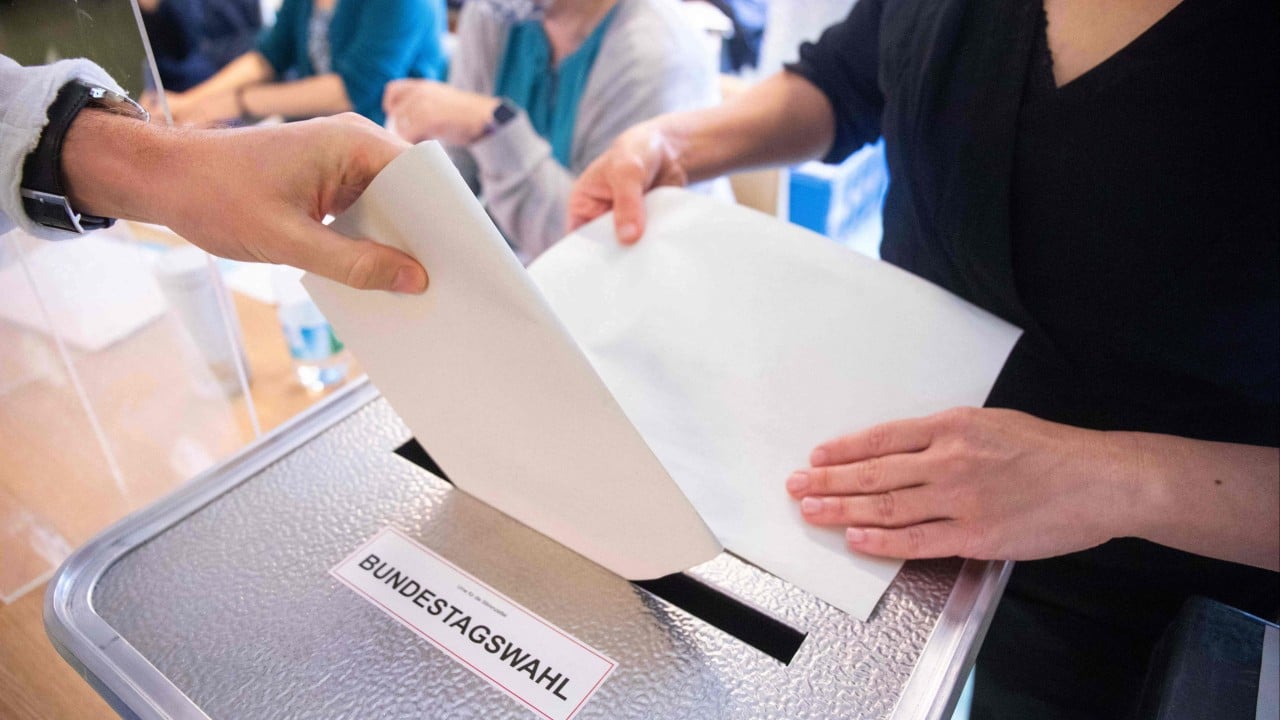Germans vote in a national election on Sunday, which was expected to see Friedrich Merz’s conservatives regain power and the far-right Alternative for Germany (AfD) score its best result as Europe’s ailing economic powerhouse lurches rightward.
Advertisement
Merz’s CDU/CSU bloc has consistently led polls but is unlikely to win a majority given Germany’s fragmented political landscape, forcing it to sound out coalition partners.
Those negotiations were expected to be tricky after a campaign which exposed sharp divisions over migration and how to deal with the AfD in a country where far-right politics carries a particularly strong stigma due to its Nazi past.
That could leave unpopular Chancellor Olaf Scholz in a caretaker role for months, delaying urgently needed policies to revive Europe’s largest economy after two consecutive years of contraction and as companies struggle against global rivals.
It would also create a leadership vacuum in the heart of Europe as it deals with a host of challenges, including US President Donald Trump’s threats of a trade war and attempts to fast track a ceasefire deal for Ukraine without European involvement.
Advertisement
Germany, which has an export-oriented economy and long relied on the US for its security, is particularly vulnerable.

